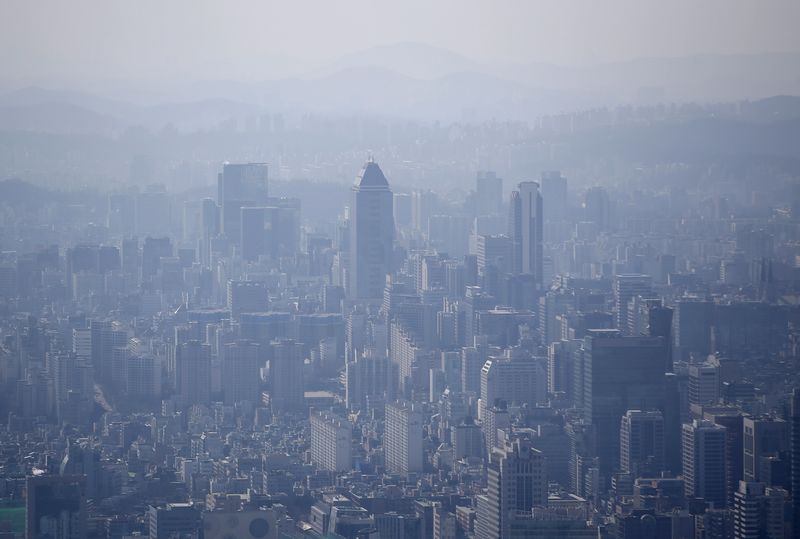(Bloomberg) -- South Korea’s consumer prices advanced in July, adding to signs that the economic downturn from the coronavirus pandemic is bottoming out.
Inflation accelerated to 0.3% from June’s zero and May’s negative readings, data from the statistics office showed Tuesday. Economists had also expected consumer prices to increase 0.3% from a year earlier.
The emerging inflationary pulse supports the view that a turnaround from the virus slump is underway, aided by government stimulus that included three extra budgets and effective quarantine that have allowed businesses to remain open. Inflation is still far below levels seen earlier this year, as the uncertain economic outlook remains dependent on virus developments.
Key Insights
- The Bank of Korea will review its economic outlook on August 27, having earlier forecast 0.2% contraction for the economy and inflation at 0.3% this year. Inflation is far below the central bank’s 2% target, and Governor Lee Ju-yeol has repeatedly said monetary policy will remain accommodative until the economy recovers.
- Positive economic momentum has been seen in trade data, with the drag from exports diminishing, while business and consumer confidence have also improved in recent months.
- South Korea’s government has so far pledged at least 270 trillion won ($226 billion) to support the virus-hit economy, including direct handouts to families. While this has helped avert a deeper slump, South Korea’s trade dependent economy needs the lockdowns in other major economies to be further lifted for its recovery to take off.
Get More
- Consumer prices were unchanged in July from the previous month.
- Core inflation expanded 0.7% from a year earlier.
- Food and beverage prices rose 4.3%, while healthcare-related prices increased 1.5%. Transportation-related prices fell 2.9%.
(Adds chart, more details)
©2020 Bloomberg L.P.
